#kátia lund
Photo





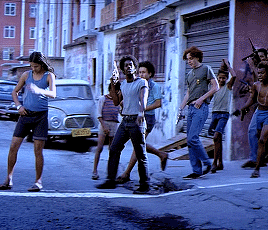
Cidade de Deus, 2002
dir. by Fernando Meirelles & Kátia Lund
#filmedit#filmgifs#userfilm#worldcinemaedit#braziliansource#moviegifs#userkraina#userpavlova#cidade de deus#city of god#fernando meirelles#kátia lund#2000s#ours#by teka
1K notes
·
View notes
Text

City of God (Cidade de Deus) - 2002 - Dir. Fernando Meirelles and Kátia Lund
"15 miles from paradise... one man will do anything to tell the world everything."
#t shirt#movie#city of god#aat#and after that#cidade de deus#portuguese#rio de janeiro#city of god 2002#Fernando Meirelles#Kátia Lund#Alexandre Rodrigues#Alice Braga#Douglas Silva#Phellipe Haagensen#Darlan Cunha#Leandro Firmino#Jonathan Haagensen#Seu Jorge#Paulo Lins#Roberta Rodrigues#Rubens Sabino#Renato de Souza#Graziella Moretto#Daniel Zettel#City of God (Cidade de Deus) - 2002 - Dir. Fernando Meirelles and Kátia Lund#“15 miles from paradise... one man will do anything to tell the world everything.”
36 notes
·
View notes
Text





Cidade De Deus (2002) Fernando Meirelles, Kátia Lund
#video#completemovie#streaming#film#internet archive#cidade de deus#city of god#fernando meirelles#kátia lund#sub ita#sub eng
13 notes
·
View notes
Text
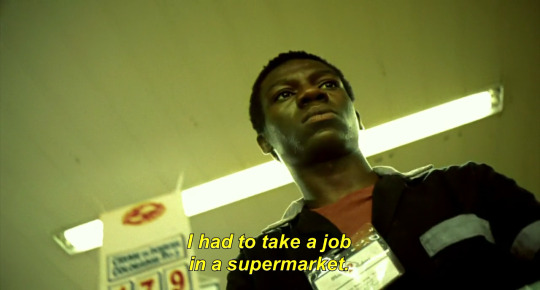
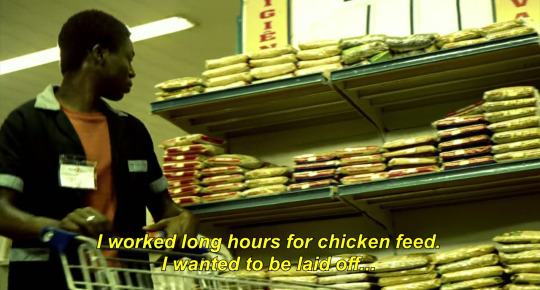
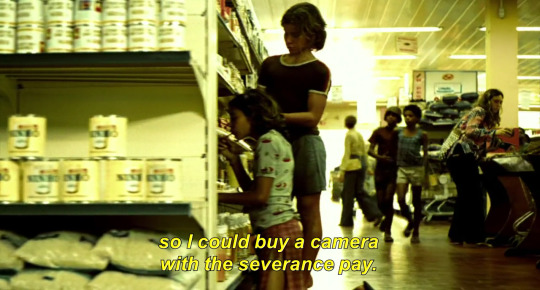
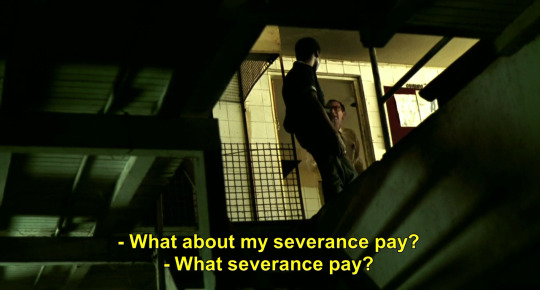
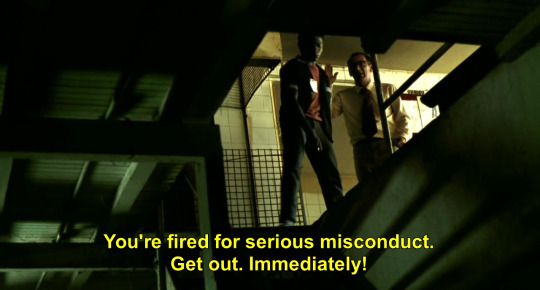
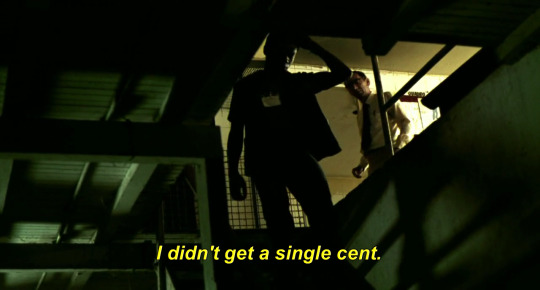
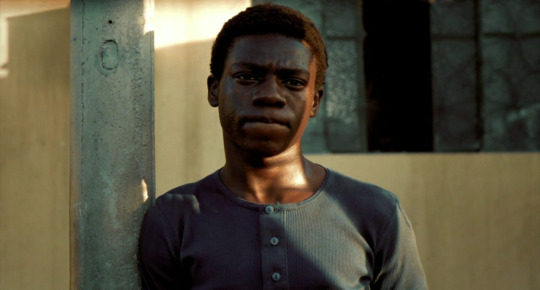
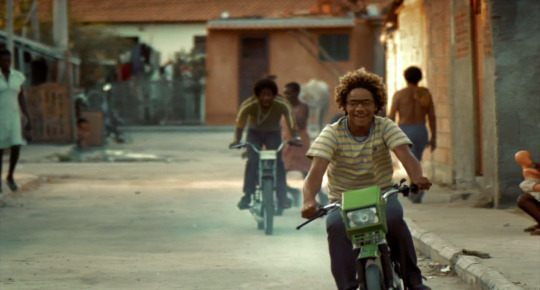
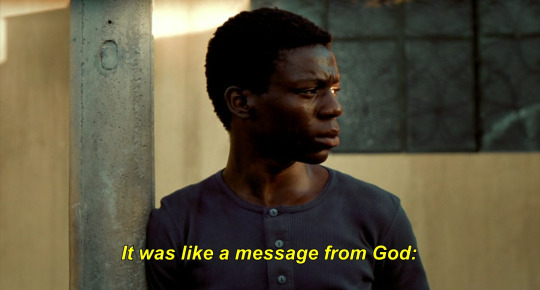
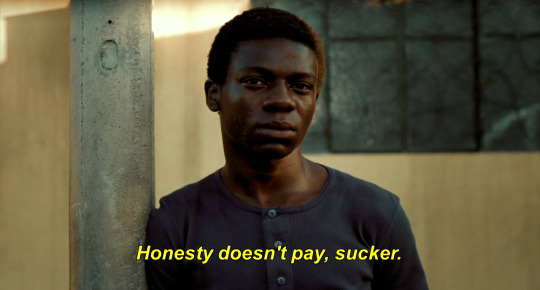
Cidade de Deus, 2002
#crime#drama#cidade de deus#city of god#fernando meirelles#kátia lund#paulo lins#bráulio mantovani#alexandre rodrigues#leandro firmino#phellipe haagensen#guti fraga#morality
69 notes
·
View notes
Photo

City of God (Fernando Meirelles and Kátia Lund, 2002)
Cast: Alexandre Rodrigues, Leandro Firmino, Phellipe Haagensen, Douglas Silva, Jonathan Haagensen, Matheus Nachtergaele. Screenplay: Bráulio Mantovani, based on a novel by Paulo Lins. Cinematography: César Charlone. Production design: Tulé Peak. Film editing: Daniel Rezende. Music: Ed Côrtes, Antonio Pinto.
City of God is an exceptionally involving docudrama that employs non-professional actors to stunning effect. The only experienced professional in the cast was Matheus Nachtergaele, who plays the drug dealer known as "Carrot." The rest were mostly recruited from the streets and slums of Rio de Janeiro, and put through several months of training, largely under the supervision of Kátia Lund, who also worked with the cast during filming and is billed as "co-director." Lund had become familiar with Rio's slum-dwellers through her work on music videos and documentary films. The shape of the film, including its flashback structure and use of quick cutting and hand-held camera, is largely that of Fernando Meirelles, whose later work includes coverage of the opening ceremony of the 2016 Olympics in Rio. And that reliance on flashy camerawork and narrative tricks is, I think, the greatest flaw of City of God. It detracts from some of our involvement in the lives of its characters, turning away from documentary-like reality into sheer "movie-making." Nevertheless, the film successfully immerses us in the violent lives of the people of the favelas. It was a significant critical and even commercial hit, earning four Oscar nominations, a rare feat for a foreign-language film, although it wasn't submitted by Brazil for the foreign-language Oscar. Instead it was nominated for best director, best adapted screenplay, cinematography, and film editing. Some controversy arose when only Meirelles was cited in the directing nomination, but the Academy has strict eligibility rules, and Lund's credit of "co-director" was judged to be a disqualifier. Given my reservations about Meirelles's use of the camera, I think maybe Lund deserved the nomination more than he did.
4 notes
·
View notes
Photo

Alternative film poster for Cidade de Deus (Brazil/France/Germany, 2002), directed by Fernando Meirelles and Kátia Lund. It doesn’t get more gripping and visceral than the ‘City of God’. The slums cast an inherently toxic grip of poverty and crime on its youth, from which they rarely escape. The kids growing up in these circumstances essentially skip childhood.
Memorable quote: “Have you lost your mind? You’re just a kid!” - “A kid? I smoke, I snort. I’ve killed and robbed. I’m a man.”
Designed by Mathieu Vancamp and Sarah Schrauwen for doublebill.design.
#Double Bill#Double Bill Posters#film poster#movie poster#film#poster#Cidade de Deus#City of God#Fernando Meirelles#Kátia Lund#graphic design#procreate#poster design#poster art#fanart#alternative poster#alternative movie poster#Alexandre Rodrigues#Leandro Firmino#growing up#coming of age
6 notes
·
View notes
Text











Film & TV I Think About A Lot » City of God / Cidade de Deus (2002) dir. Fernando Meirelles & Kátia Lund
Sun is for everyone, beach for a few.
#just good storytelling (as if its never been said before lmao literally frequently listed as one of the greatest films of all time)#the way the color grading in this movie is set up is so wonderful it just gradients from cool to warm to cool like a loop#cftv#mygifs#cgedits#fyeahmovies#moviegifs#black#blackinfilm#blackinmotionpictures#black cinema#movies#films#filmgifs#cinema#userfilm#brazil#brazilian film#city of god#city of god 2002#cidade de deus
30 notes
·
View notes
Photo

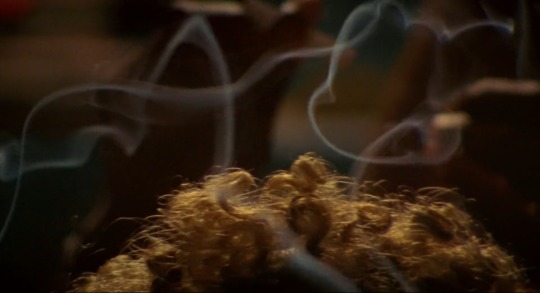

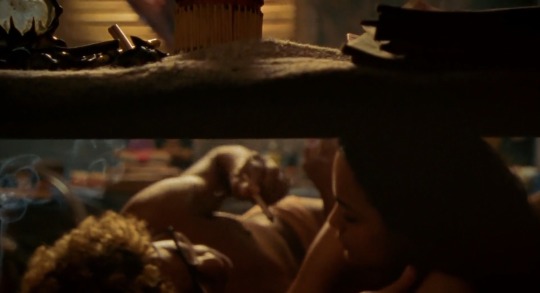
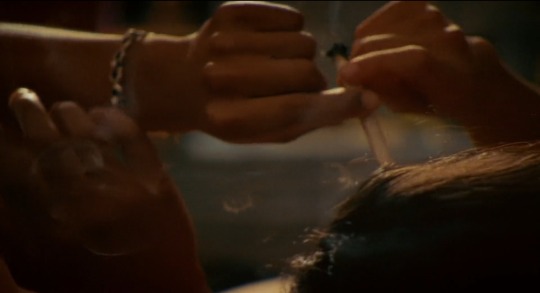

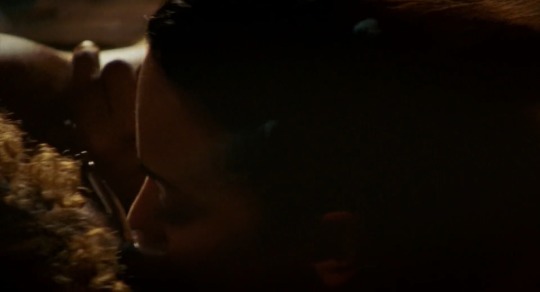
"Know what I'm thinking, Benny?... We could go away from here. This violence sucks."
City of God (2002, dir. Fernando Meirelles & Kátia Lund)
353 notes
·
View notes
Text


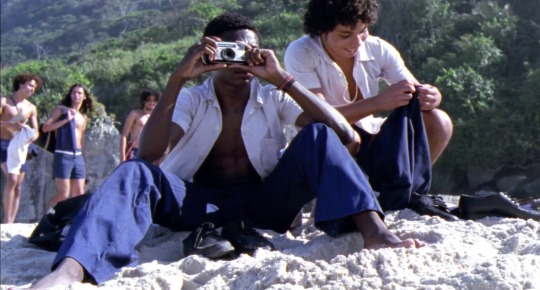




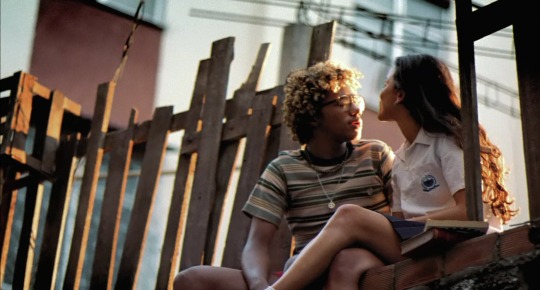
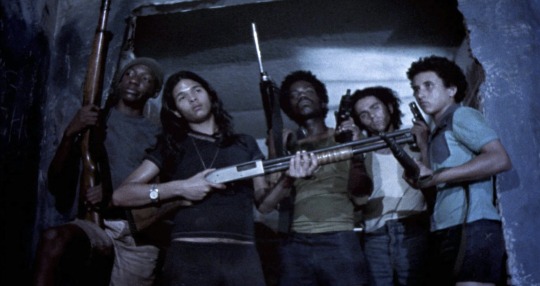

Cidade de Deus (2002) dir. Kátia Lund & Fernando Meirelles
243 notes
·
View notes
Text

City of God (Fernando Meirelles/Kátia Lund, Brazil, 2003)
2 notes
·
View notes
Text


City of God (Cidade de Deus) - 2002 - Dir. Fernando Meirelles and Kátia Lund
"Gangsters never stop. They just take a break."
#t shirt#black#movie#city of god#teenagebomb#cidade de deus#portuguese#rio de janeiro#city of god 2002#Fernando Meirelles#Kátia Lund#Alexandre Rodrigues#Alice Braga#Douglas Silva#Phellipe Haagensen#Darlan Cunha#Leandro Firmino#Jonathan Haagensen#Seu Jorge#Paulo Lins#Roberta Rodrigues#Rubens Sabino#Renato de Souza#Graziella Moretto#Daniel Zettel#City of God (Cidade de Deus) - 2002 - Dir. Fernando Meirelles and Kátia Lund#“Gangsters never stop. They just take a break.”
2 notes
·
View notes
Text





Cidade De Deus (2002) Fernando Meirelles, Kátia Lund
#video#completemovie#streaming#film#internet archive#cidade de deus#city of god#fernando meirelles#kátia lund#sub ita#sub eng
16 notes
·
View notes
Text

City of God, dir. Fernando Meirelles & Kátia Lund
3 notes
·
View notes
Text


Cidade de Deus, 2002
#crime#drama#cidade de deus#city of god#fernando meirelles#kátia lund#paulo lins#bráulio mantovani#douglas silva#resourcefulness
5 notes
·
View notes
Text

City of God (2002)
Directors: Fernando Meirelles, Kátia Lund
3 notes
·
View notes
Photo
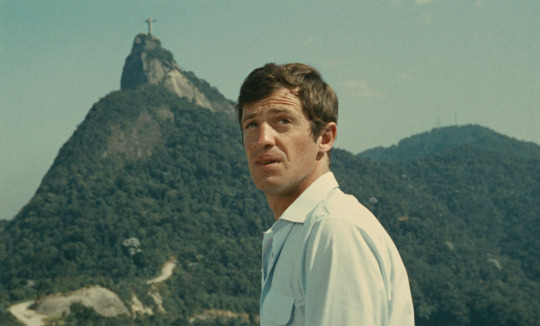
Jean-Paul Belmondo in That Man From Rio (Philippe de Broca, 1964)
Cast: Jean-Paul Belmondo, Françoise Dorléac, Jean Servais, Roger Dumas, Daniel Ceccaldi, Milton Ribeiro, Ubriacy De Oliveira, Adolfo Celi, Simone Renant. Screenplay: Jean-Paul Rappeneau, Ariane Mnouchkine, Daniel Boulanger, Philippe de Broca. Cinematography: Edmond Séchan. Production design: Mauro Monteiro. Film editing: Françoise Javet. Music: Georges Delerue.
With its nonstop silliness, Philippe de Broca's That Man From Rio became a big international commercial success, but more surprising, it got an Oscar nomination for its screenplay, written by de Broca with Jean-Paul Rappeneau, Ariane Mnouchkine, and Daniel Boulanger. It's usually characterized as a spoof of James Bond films, with their glamorous locations and over-the-top action sequences, but if a spoof is intended to laugh its target out of existence, That Man only whetted audiences' appetites for more of the same. One of its stars, Adolfo Celi, who pays the unscrupulous, fabulously wealthy Mário de Castro, turned up the following year as the unscrupulous, fabulously wealthy Bond villain Emilio Largo in Thunderball (Terence Young, 1965). And it's easy to see touches of That Man From Rio in later action-adventure films, such as the Indiana Jones series, which like de Broca's film centered on archaeological treasure hunting. In That Man From Rio, the location of a priceless treasure is discovered by lining up the sun's rays through the lens in an ancient statue, just as Indiana Jones uses the sun's rays and an ancient artifact to discover the location of the Ark of the Covenant in Raiders of the Lost Ark (Steven Spielberg, 1981). Jean-Paul Belmondo's Adrien picks up the help of a Rio shoeshine boy called Sir Winston (Ubriacy De Oliviera), just as Harrison Ford's Indy picks up a kid sidekick called Short Round (Ke Huy Quan) in Indiana Jones and the Temple of Doom (Spielberg, 1984). Still, That Man From Rio stands on its own for its goofy energy, most of which is supplied by Belmondo, who with his ex-boxer's mug and physique is entirely credible flinging himself into whatever improbable situation he is called on to fight (or swim or climb or swing from vines) his way out of. Françoise Dorleac is the giddy heroine, Agnès, who spends much of the first part of the movie drugged out of her mind and never seems to find her way fully back to sobriety. It's only in retrospect -- 59 years worth of retrospect -- that the film turns sour. Today, we can see it as part of the playing out of a post-colonial environmental nightmare. There are no slums to be seen in the film's Rio: Sir Winston lives in a neatened up favela nothing like the one you see in City of God (Fernando Meirelles and Kátia Lund, 2002). The city of Brasília, still under construction when the film was made, is treated as a setting for Belmondo's stunts and for elaborate parties, though perhaps some of the bleakness and sterility of its urban-planning megalomania is hinted at. And at the end our hero and heroine are "rescued" by construction crews blasting and bulldozing their way through the rain forest, constructing highways that will connect to the country's new capital. There's no apparent suggestion that this constitutes a kind of environmental rape, although the villainous archaeologist (Jean Servais) is buried along with what might have been a valuable site. De Broca does allow us a glimpse of an Indian family looking on in astonishment at the raw earth uncovered by the bulldozers pushing their way through what must have been their neighborhood. It's a fleeting moment, however, one quickly passed over as Adrien and Agnès ride a truck back to civilization.
4 notes
·
View notes